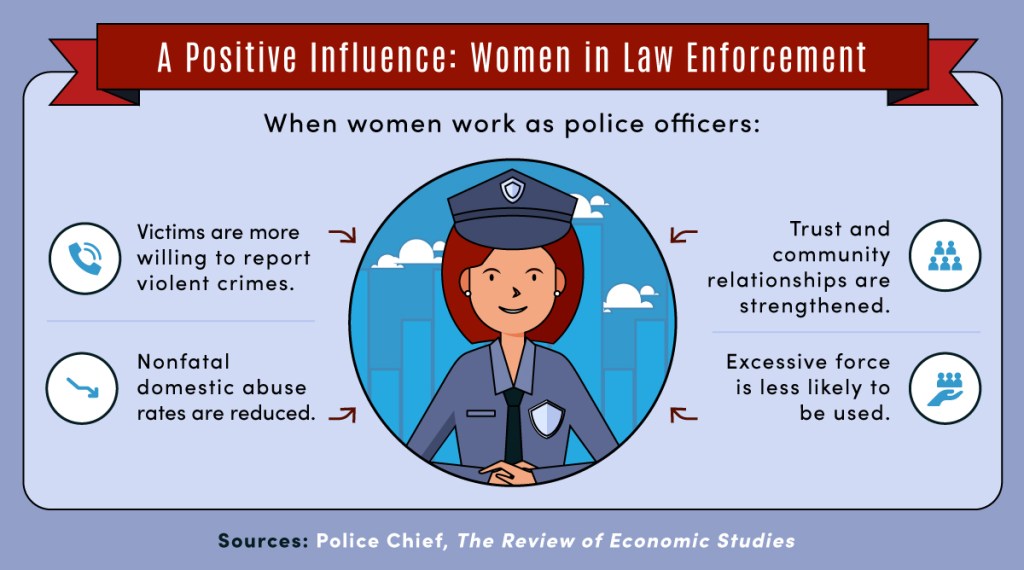
This video provides insight about the online bachelor’s in criminal justice program at Maryville University. Program director and assistant professor of criminal justice/criminology Geriann Brandt explores topics like: How this program prepares you for a future in the field of criminal justiceAdvice for online studentsFaculty support, engagement, and expertiseInformation on the police academy and non-police academy tracksWhy should you choose Maryville? Transcript Geriann Brandt: Welcome, and thank you very much for your interest in Maryville University. You’ve made this incredibly brave decision about pursuing your career, especially online, and your education, which is going to be so important to your […]







